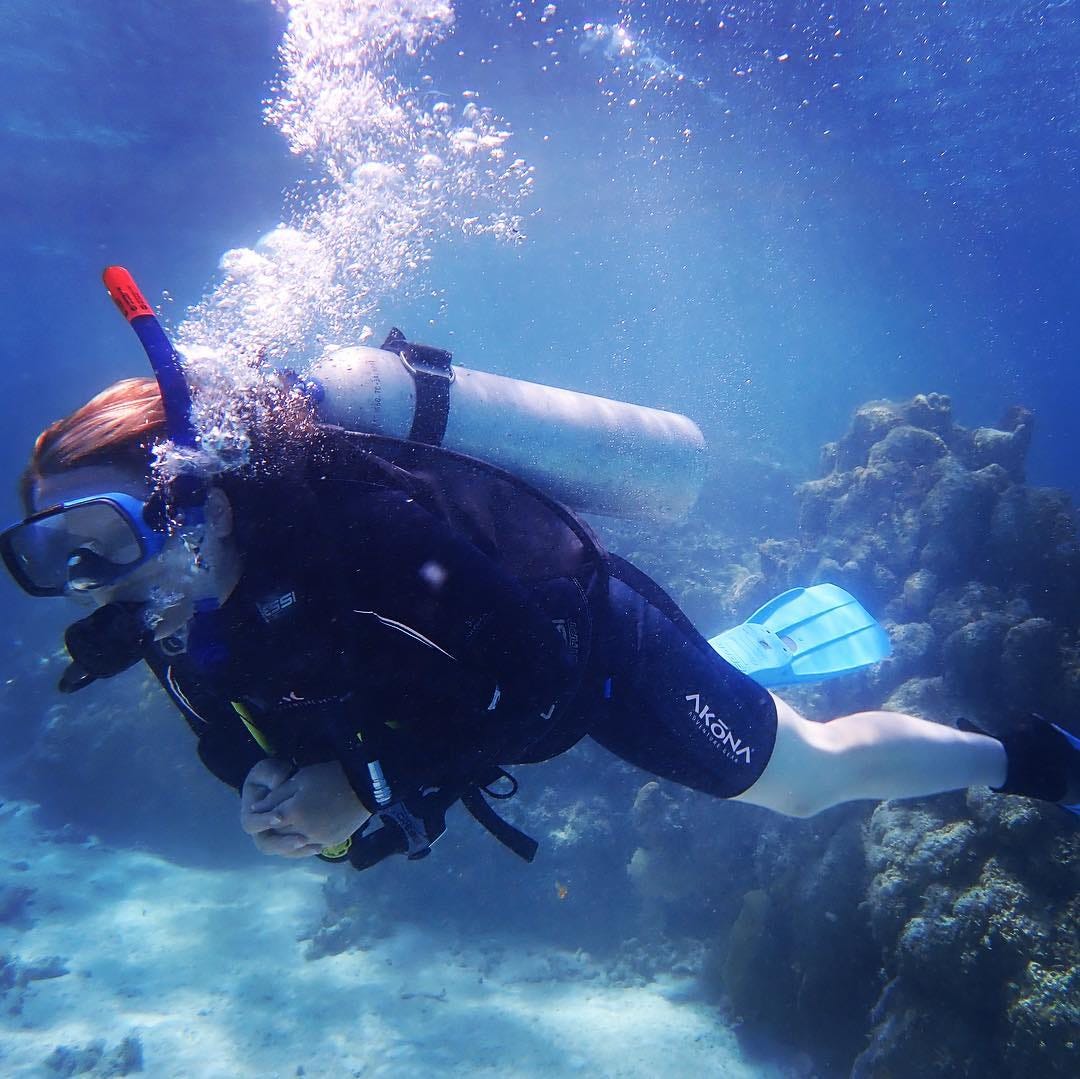The U.N. High Seas Treaty: Implications for new medical discoveries from the ocean
Nations have agreed to a landmark treaty aimed at protecting marine biodiversity. What does this mean for drug discovery researchers?
This weekend, the United Nations Intergovernmental Conference on Marine Biodiversity of Areas Beyond National Jurisdiction (BBNJ) wrapped up negotiations on a landmark treaty on the conservation and sustainable use of marine biological diversity beyond national jurisdiction (on the high seas).
A statement by Stéphane Dujarric, Spokesman for the Secretary-General, notes the importance of this milestone:
This breakthrough—which covers nearly two-thirds of the ocean—marks the culmination of nearly two decades of work and builds on the legacy of the United Nations Convention on the Law of the Sea. This action is a victory for multilateralism and for global efforts to counter the destructive trends facing ocean health, now and for generations to come. It is crucial for addressing the triple planetary crisis of climate change, biodiversity loss and pollution.
The full advanced, unedited version of the treaty can be accessed here.
Coming to terms
I appreciate the Secretary-General’s emphasis on the current triple planetary crisis. We need to find and implement solutions and do it now—both to support planetary and human health. This wasn’t an easy treaty to negotiate; the final session took delegates 38 uninterrupted hours of debate before coming to terms on March 4th.
Why all the fuss? While countries have jurisdiction over waters extending 200 nautical miles from their shores, that leaves a lot of unclaimed territories known as the “high seas.” The high seas encompass 70% of the Earth’s surface. Although there has been some regulation of specific activities in international waters, this region has long been considered the wild west for sea exploration and resource extraction.
One of the main sticking points of the negotiation concerned the fair and equitable sharing of benefits arising from activities using genetic resources and digital sequencing information from marine life. Many of the principles included in the final version of the treaty look very similar to the principles outlined in the U.N. Convention on Biological Diversity Nagoya Protocol for Access and Benefit Sharing. Notably, the treaty language includes consideration of:
Protection of traditional knowledge of Indigenous Peoples and local communities, requiring free, prior, and informed consent and involvement of Indigenous Peoples and local communities.
Sharing non-monetary benefits such as access to samples and digital sequence information and the transfer of marine technologies.
Capacity building, particularly in support of scientists and researchers, as well as the support of scientific and technical cooperation in developing States.
Why do we care about marine resources?

A healthy ocean is critical to a healthy planet, but the interest in marine genetic resources goes well beyond this overarching benefit. The ocean has long been considered a goldmine for pharmaceutical discovery. According to a landmark review on natural products (molecules from nature) that examined 39 years of drug discovery, 1,881 approved drugs are linked in some way to natural origins (directly discovered, derived, or optimized).
More specific to marine natural products (molecules found in marine organisms), approximately 25,000 marine-derived chemical compounds have already been reported in the scientific literature! Moreover, these discoveries led to the development of important FDA approved drugs. As highlighted in a major review, these marine-derived drugs are being used to treat many types of cancer and pain, while others are being examined in clinical trials for the treatment of Alzheimer’s disease, cancer, and viral infections.
How will this treaty affect marine scientists?
Some in the scientific community were initially concerned that the treaty could result in the addition of excessive red tape, and might limit scientific access to a vast cross-section of global biodiversity. Fortunately, this was carefully considered during the treaty negotiations. In my opinion, the terms of the agreement won’t limit scientific research but will rather provide an infrastructure that supports transparency and equity in access and benefit sharing for the ocean’s treasures.
I’m also pleased that the traditional knowledge of Indigenous People’s and local communities was carefully considered in the finalized document. One concern, of course, is how broadly nations will adopt this. While nearly 200 countries have agreed to the treaty, it has not yet been formally adopted into law. There is reason to be concerned. For example, the U.S. still hasn’t ratified the 40+-year-old U.N. Convention on Law of the Sea and is also not a signatory on the 2010 Nagoya Protocol for Access and Benefit Sharing, which came into force in 2014.
What does this mean for U.S. scientists?
Even though the U.S. still needs to sign off on these core biodiversity treaties, many scientists will adhere to the principles and guidelines. This is true not just for academic researchers but also for those in industry research. Companies that aim to sell pharmaceutical products based on nature must adhere to these principles to eventually enter global markets.
What does this mean for the public?
We should all be excited about this treaty and other protocols that support biodiversity, which are gradually being adopted by nations across the planet. Nature’s pharmacy is a resource for humankind! To ensure the future of human health, we must support biodiversity conservation efforts, reduce pollution, and invest in resilient, sustainable practices that protect our terrestrial and marine ecosystems.
Yours in health, Dr. Quave
Cassandra L. Quave, Ph.D. is a disabled writer, speaker, podcast host, wife, mother, explorer, ethnobotanist, and professor at Emory University School of Medicine. She teaches college courses and leads a group of research scientists studying medicinal plants to find new life-saving drugs from nature. She hosts the Foodie Pharmacology podcast and writes the Nature’s Pharmacy newsletter to share the science behind natural medicines. To support her effort, consider a paid or founding subscription, with founding members receiving an autographed 1st edition hardcover copy of her book, The Plant Hunter.







Super interesting!!